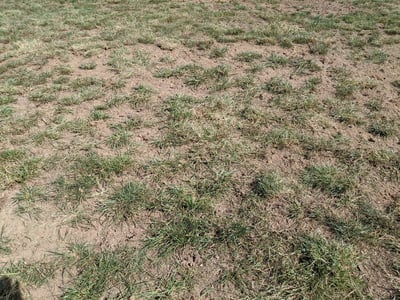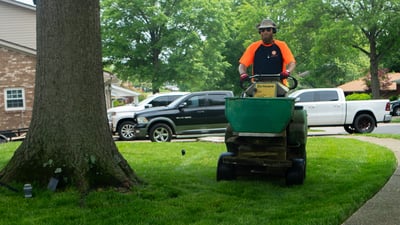

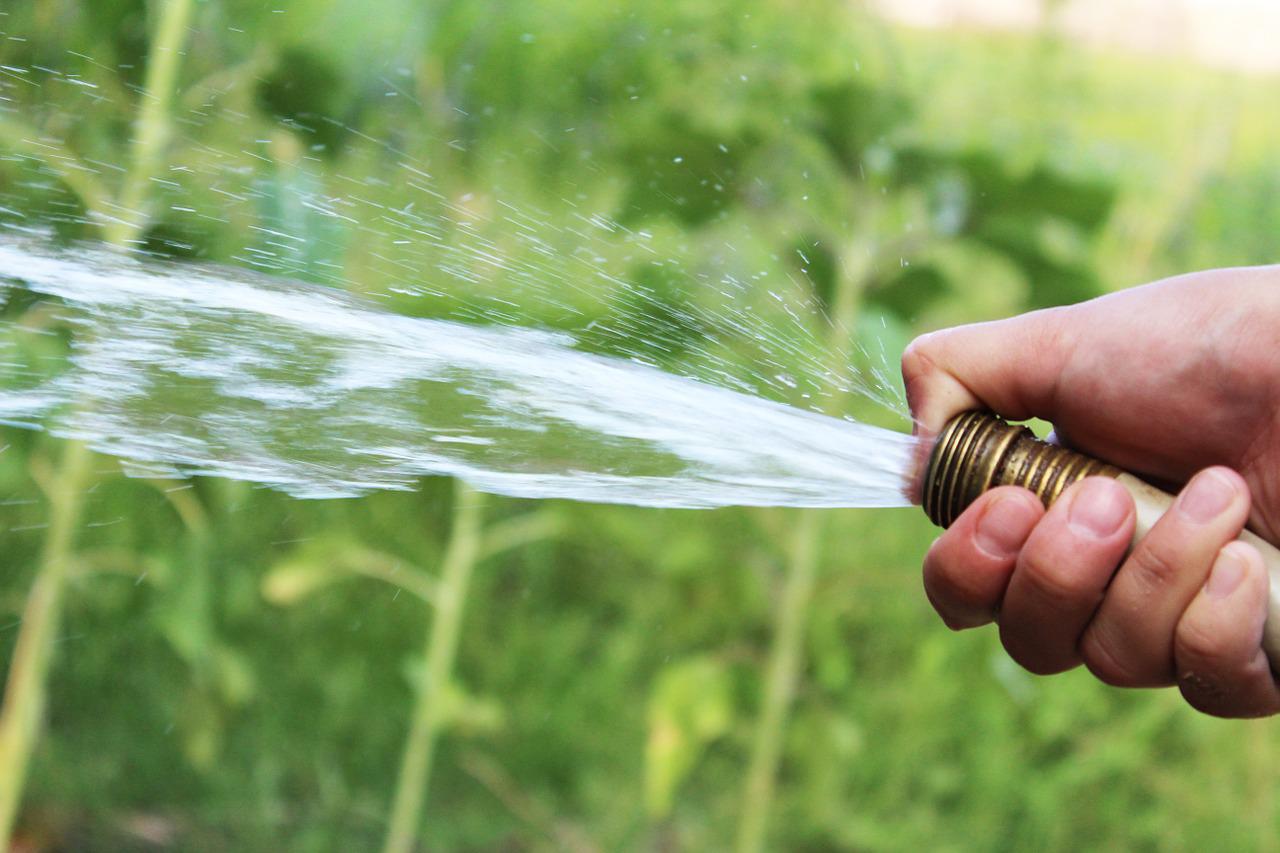
Proper watering seems like such a simple aspect of lawn care, but it’s absolutely critical when it comes to getting the best results. All living things require water to thrive and your lawn is no different. Without the right amount of water, you aren’t going to see the best possible lawn care results.
While it’s simple in nature, there’s actually more to watering than people tend to realize. That’s why we’re answering some common questions like how often to water grass and when is the best time to water.
Because we care about helping you achieve the best results, we’re always here to provide helpful guidelines and tips.
Where most people tend to go wrong with the frequency of watering is assuming that Mother Nature has them covered.
If you’ve had a good week of rain, that might be true. But people tend to underestimate how much rain actually fell during any given time period.
An easy way to solve this is to purchase an inexpensive rain gauge. It doesn’t have to be anything fancy, though they do have some decorative ones that some people like to use in their yards. A rain gauge will be able to tell you exactly how much rain actually fell so that you can make better decisions about watering.
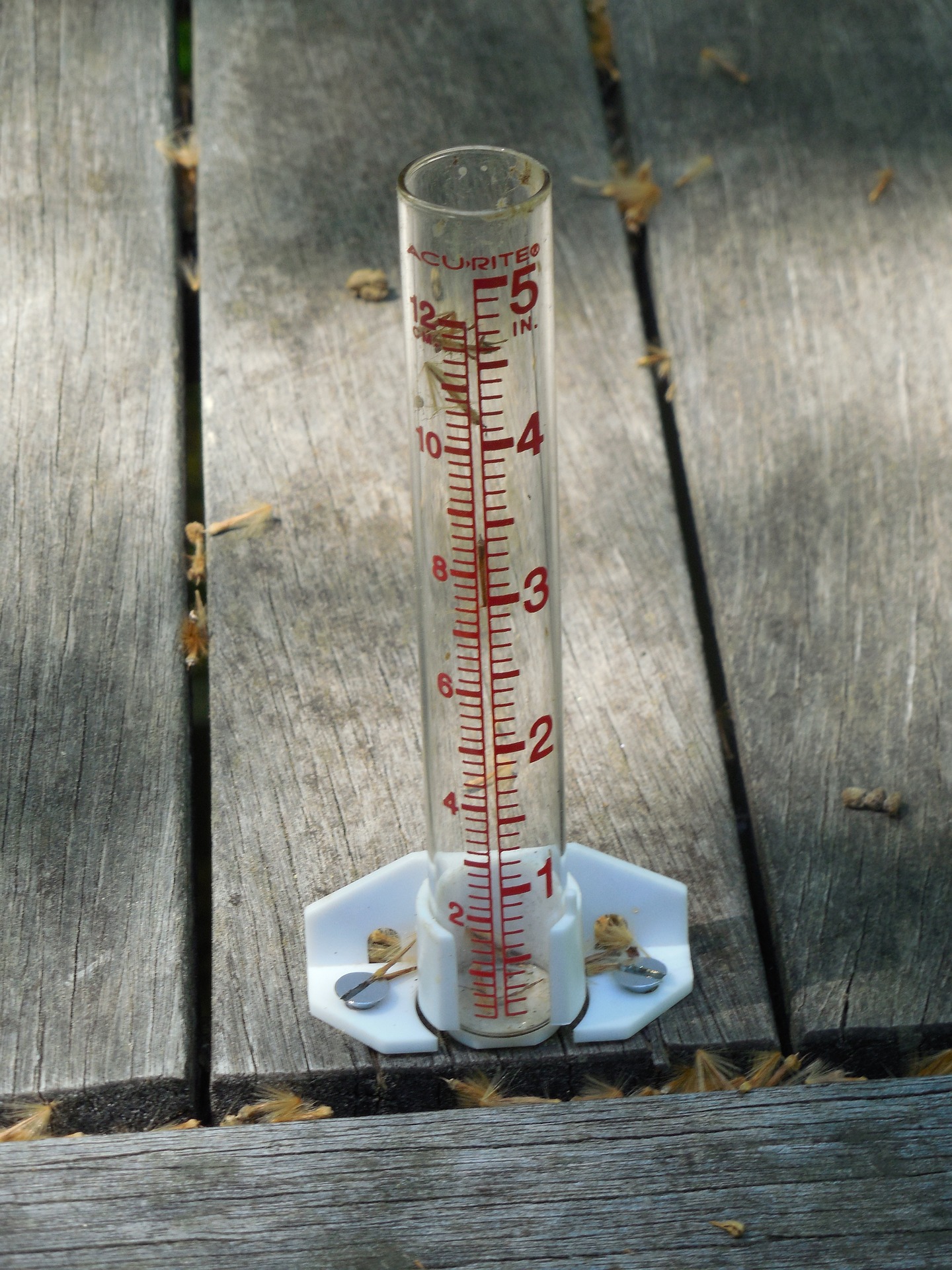
The key to keep in mind is that most lawns need around 1 to 1.5 inches of water per week.
If your rain gauge indicates that you’re way below that, then you’ll want to do some supplemental watering. This might mean getting outside to water twice a week for a mature lawn.
If you have an irrigation system that is already programmed, then the guesswork on this is removed for you. But we know that many people are watering by hand or dragging around a sprinkler.
Your goal is ultimately to get the right amount of water down. As we mentioned above, that is typically 1 to 1.5 inches of water per week.
Typically, watering each zone for around a half hour twice a week should help you meet that goal. Obviously, the rate at which the water comes out is a factor to consider (and will differ depending on what you’re using). You can use your rain gauge to also get a sense of how much water is being applied during your watering sessions to make sure you’re on target.
The goal is a deep watering that reaches the root zone. If you water for too short of a time it’s going to be a “shallow watering,” which isn’t optimal for your grassroots.
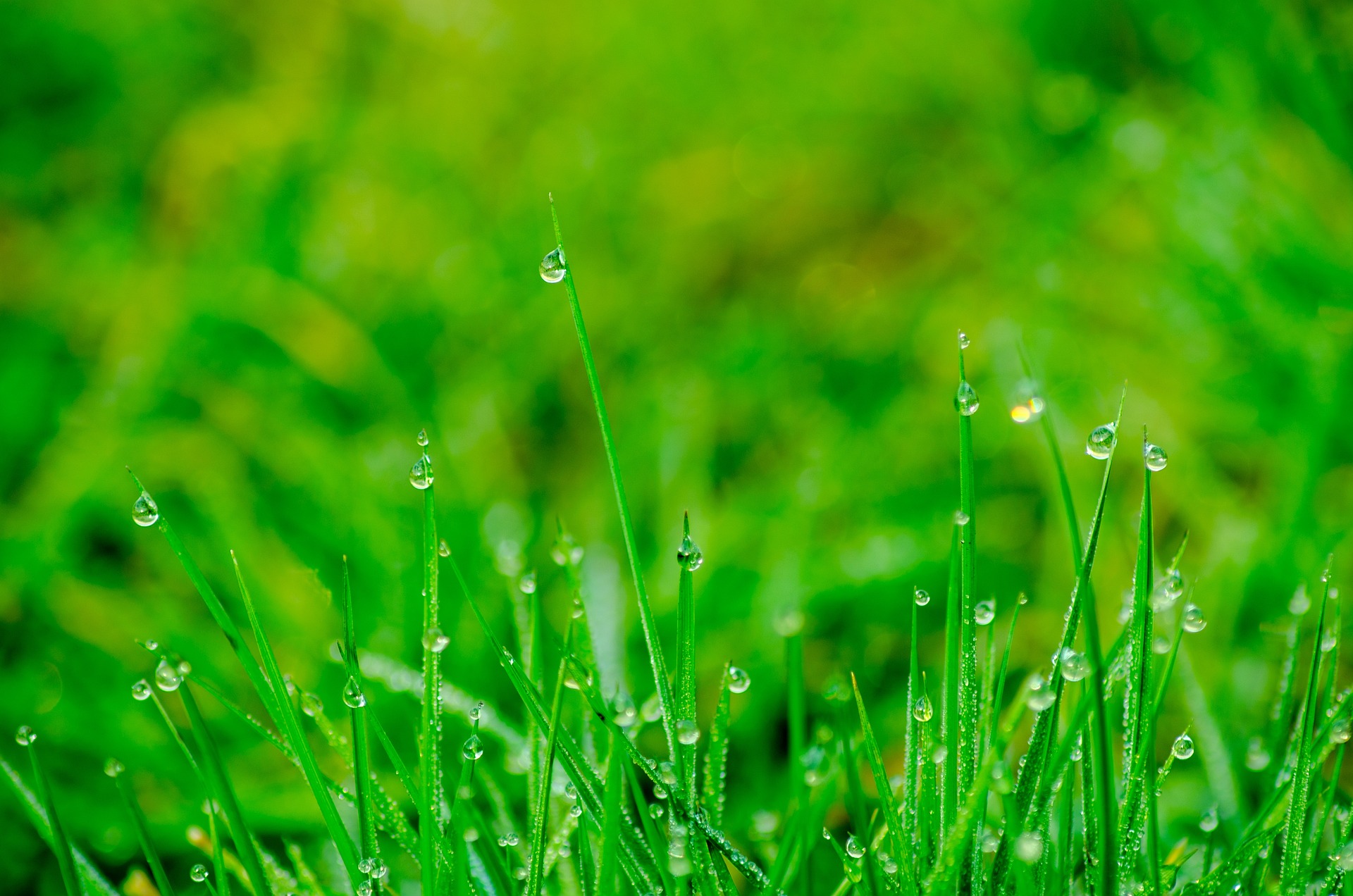
It’s a common lawn care myth that you can water any time of the day. While you certainly can do that, it’s not actually good for your lawn…particularly if you water at night. Watering at night can become problematic because it increases the likelihood of fungus growing on your lawn. When water is left to sit on the lawn overnight, it can create just the right conditions for fungus to grow and spread.
Instead, you should plan to water your lawn in the morning. This is definitely the best time for watering for a couple of key reasons.

For one, it gives your lawn plenty of time to soak in the water (allowing it to reach the root zone) before evaporation sets in. On a hot or windy day, that water might be lost before the roots have a chance to soak it all in.
But, the other reason is that you do want the excess water to be evaporated so that it’s not just sitting on your lawn creating fungal growth.
We understand why people often water at night. It’s hard to get up early and add a task to your to-do list before work. But get a sprinkler and set a timer if you can’t be out there doing it yourself. You want to make sure you’re taking care of your lawn the right way so that you get the best results.
These tips so far have been for an established, mature lawn. But if you have new grass growth, some of the recommendations are going to differ.
Because your new grass lacks the root system of a mature lawn, you’re going to need to water more frequently. Ideally, you may need to water as many as two to three times per day for around 15 minutes at a time while the grass becomes established.
The goal is to keep the new grass seeds moist so that they can begin to germinate. If they end up drying out, they could die and fail to grow.
Once germination does occur, you can begin to back off that schedule and water less frequently (though for longer periods of time). That might mean running a sprinkler for an hour per zone a few times a week as the grass continues to grow.
Hopefully, some of these tips for watering have helped give you a better idea of what your lawn needs to thrive. Knowing things like how often to water grass or how long to water during each session can pay off with greener, thicker grass. You’ll get more out of your lawn care services, like fertilization, when your lawn is getting what it needs from a watering standpoint.
While these guidelines are a good starting point, since every lawn is different, you can talk to your lawn care professional about the exact recommendations he or she would make for your specific lawn.
At Limbwalker, we love giving out advice like this as we understand the best lawns are a result of the partnership between us and the homeowner.
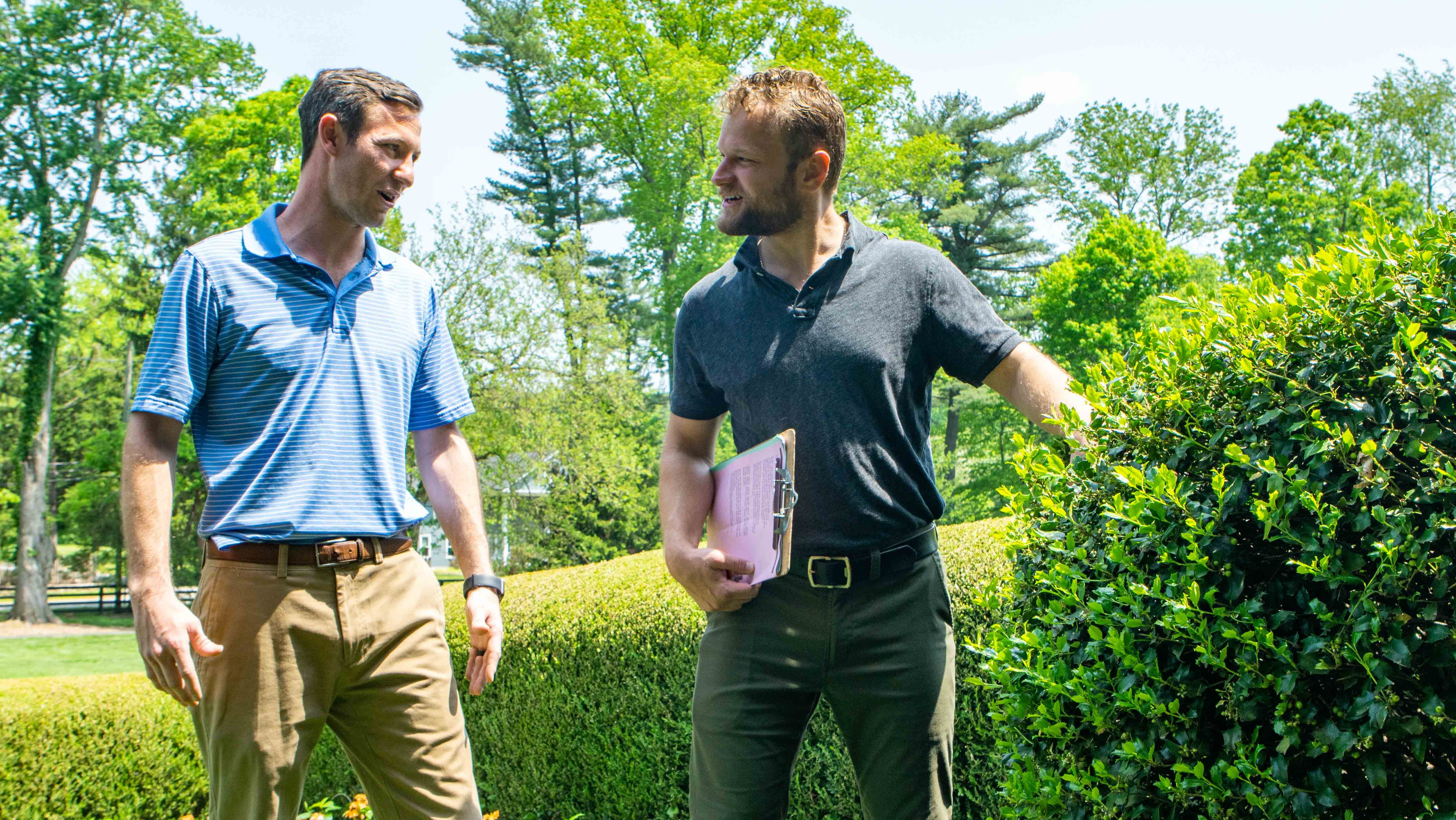
There are certain tasks that you’ll handle (like watering your lawn), which still have an impact on your results. Even though we aren’t handling these tasks, we want to make sure that you feel confident about doing what’s best. That’s why you should always feel free to ask us questions about your Louisville lawn.
After all, when you invest in a lawn care program with Limbwalker, an added benefit is that you gain access to professional advice and guidance for your lawn. We’re here to help in any way that we can so that you can enjoy your lawn to the fullest!
Are you ready to have a thick and healthy lawn at your Louisville, KY home? Get in touch with us to get a quote for our lawn care programs, which include three lawn care pricing options.



